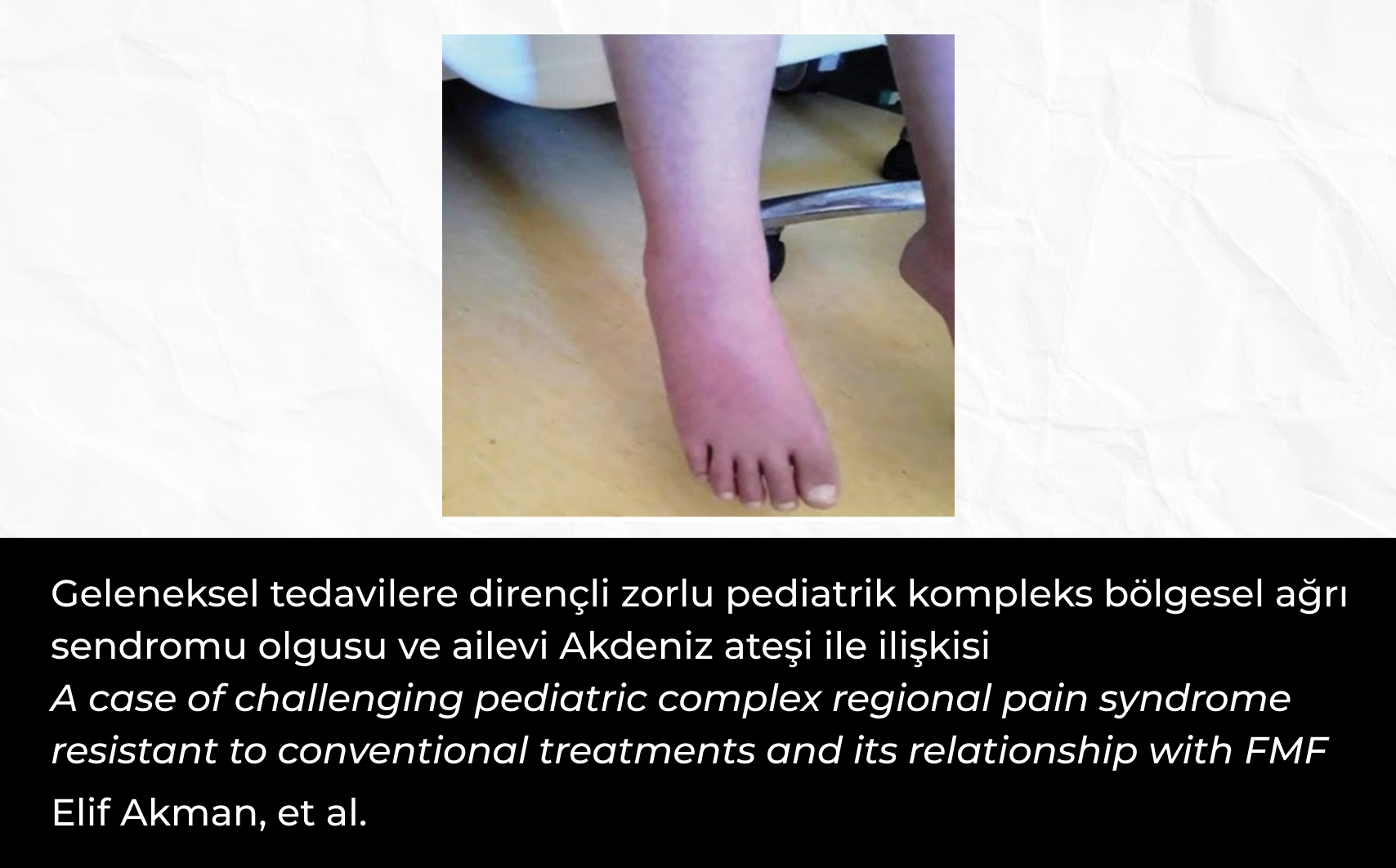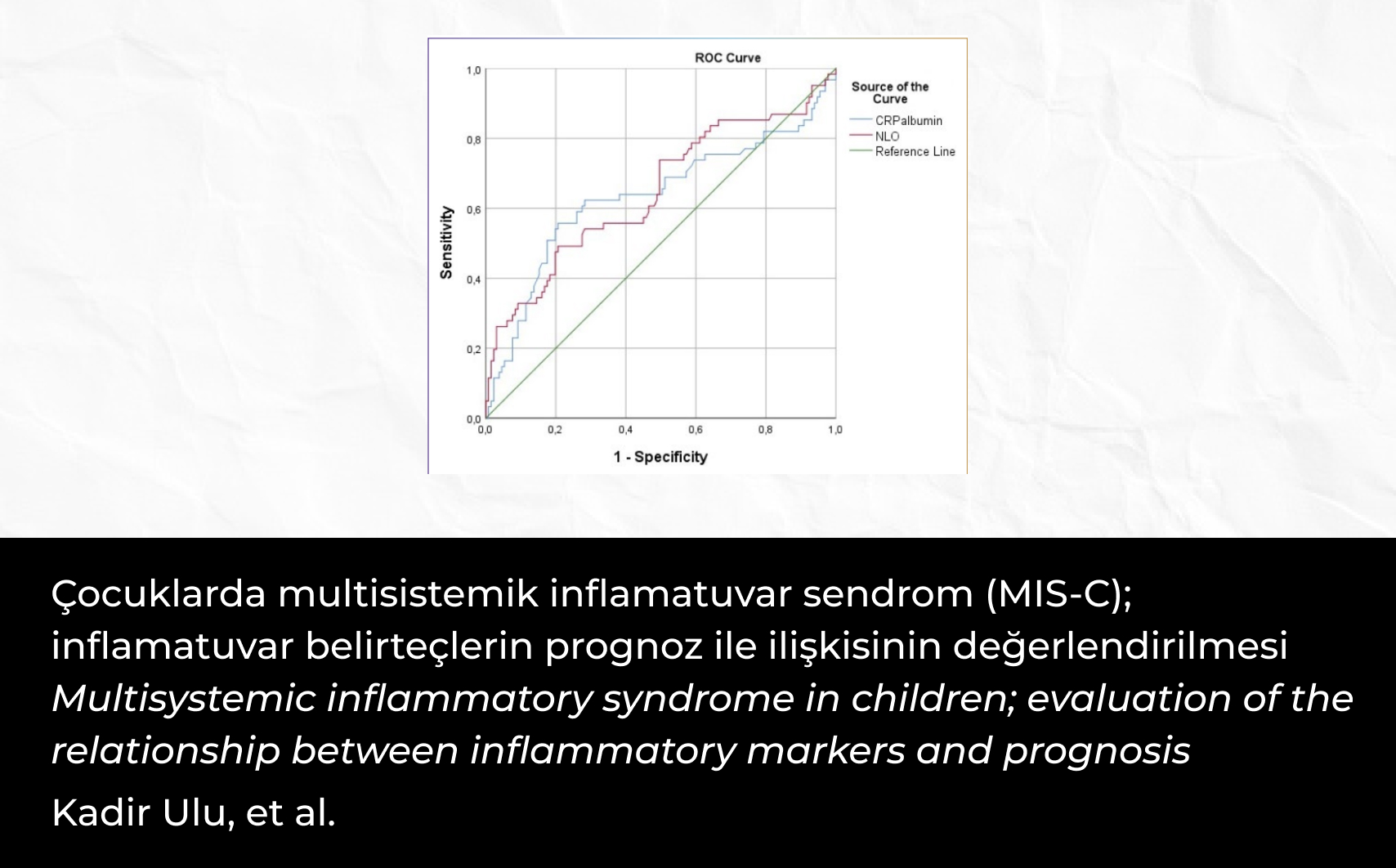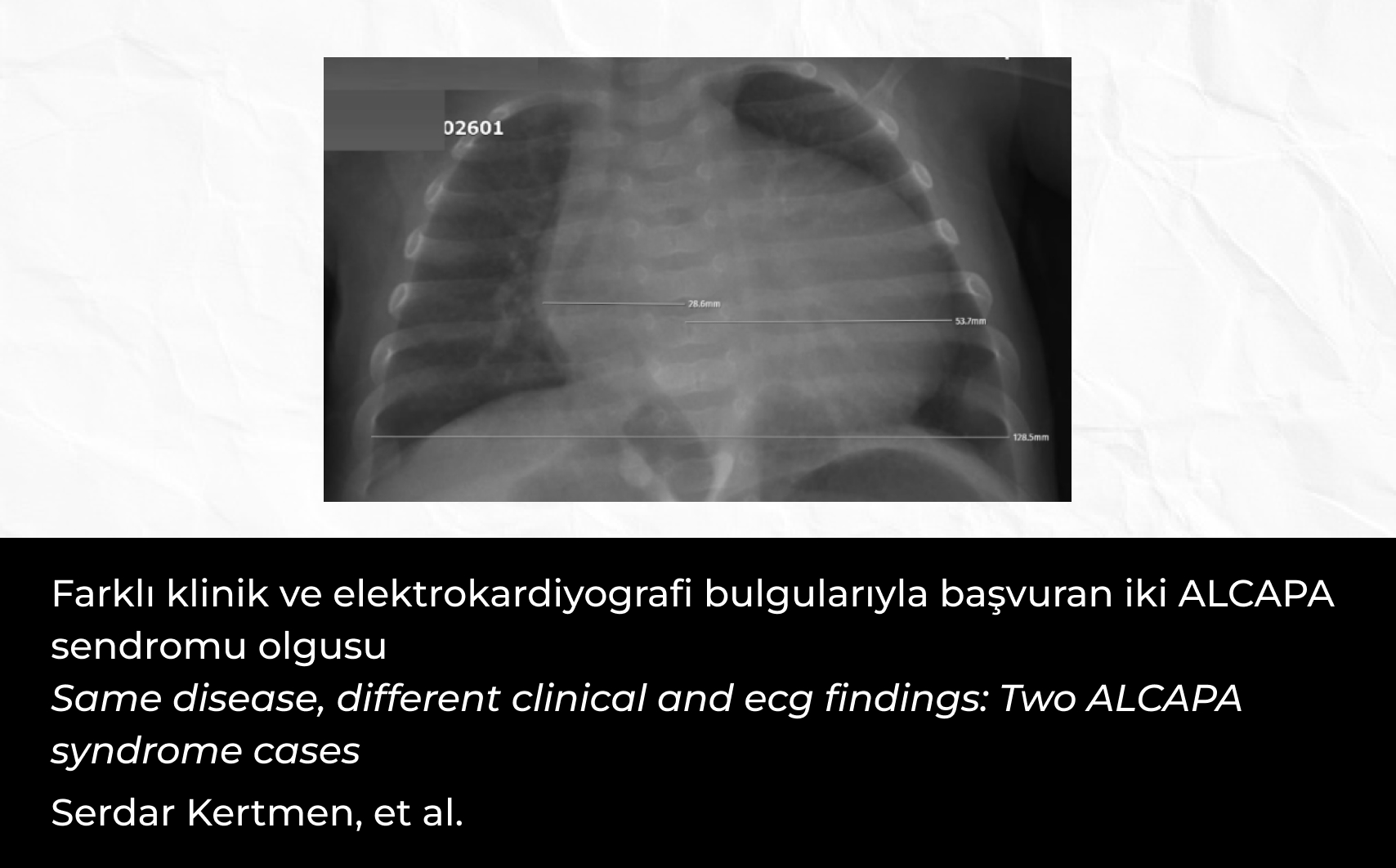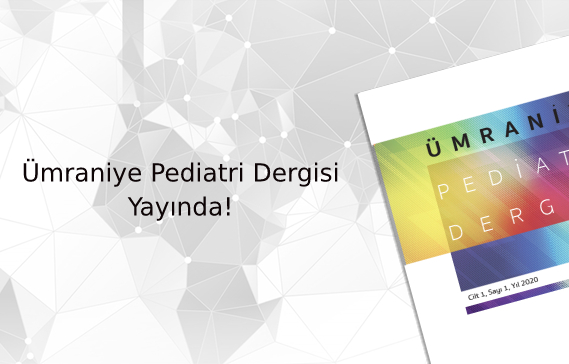2Diyarbakır Gazi Yaşargil Eğitim ve Araştırma Hastanesi, Neonatoloji Kliniği, Diyarbakır, Türkiye
Özet
Amaç: Perinatal mortalite ve morbiditelerin en sık nedenlerinden biri preterm doğumlardır. Preterm doğumun önlenmesi birincil amaç olsa da, önleneme-yen preterm doğum durumlarında antenatal steroid uygulaması yapılmalıdır. Antenatal steroid uygulaması, fetal akciğer olgunlaşmasını iyileştirerek solu-num morbiditelerini azaltır. Bu çalışmanın amacı, acil preterm doğumlarda tek doz antenatal steroid tedavisi ile steroid uygulanamayan hastalar arasında kısa ve uzun dönem morbiditeler ve mortalite açısından bir fark olup olmadığını belirlemektir.
Gereç ve Yöntemler: Ocak 2017 ile Ocak 2022 yılları arasında, yenidoğan yoğun bakım ünitesine kabul edilen, 30 haftanın altında doğan preterm bebek-lerden, acil durumlar nedeniyle antenatal steroid uygulanamayanlar ve tek doz antenatal steroid uygulananların verileri retrospektif olarak incelendi. İki grup kısa ve orta dönem morbiditeler açısından karşılaştırıldı. Hastaların solunum destekleri, surfaktan ihtiyaçları ve hastanede kalış süreleri dosyalarından geriye dönük olarak incelendi.
Bulgular: Toplam 149 hastadan 64’ü (%43) tek doz antenatal steroid alırken, 85’i (%57) antenatal steroid almadı. Kısa dönem solunum morbiditeleri ve özellikleri açısından değerlendirilen her iki grup arasında, non-invaziv ve invaziv mekanik ventilasyon desteğine ihtiyaç benzerdi ve istatistiksel olarak an-lamlı bir fark saptanmadı. Tek doz steroid uygulanan hastaların %75’inde RDS tanısı konulurken, steroid uygulanmayanlarda bu oran %69 idi.
Tartışma: Antenatal steroidin doğumdan en az 24 saat önce uygulanması önerilmekle birlikte, yakın zamanda yapılan büyük bir çok merkezli kohort ça-lışması, antenatal steroid ile doğum arasında en az üç saat olmasının neonatal sonuçları iyileştirdiğini belirtmiştir. Öngörülemeyen acil preterm doğum durumlarında; antenatal steroid dozlarının önerildiği şekilde tamamlanamasa bile; tek doz olsa dahi steroidlerin uygulanması önerilmektedir.
2Department of Neonatology, Univercity of Health Sciences, Diyarbakır Gazi Yasargil Training and Research Hospital, Diyarbakır, Türkiye
Abstract
Objective: Preterm birth is one of the most common causes of perinatal mortality and morbidity. While the primary goal is to prevent preterm births, in cases of unavoidable preterm labors, antenatal steroid administration should be carried out. Antenatal steroid administration improves fetal lung maturation and reduces respiratory morbidity. The aim of this study is to determine whether there is a difference in short and long-term morbidities and mortality between emergency preterm births with a single dose of antenatal steroid treatment and those without steroid treatment.
Material and Methods: Data of infants born before 30 weeks of gestation who were not administered antenatal steroids for emergency reasons and those who received a single dose of antenatal steroids were retrospectively reviewed, based on cases admitted to the neonatal intensive care unit between January 2017 and January 2022. Two groups were compared in terms of short and medium-term morbidities. Patients’ respiratory supports, surfactant requirements, and length of hospitalization were examined retrospectively from their files.
Results: Out of a total of 149 patients, 64 (43%) received a single dose of antenatal steroids, while 85 (57%) did not receive antenatal steroids. In both groups evaluated in terms of short-term respiratory morbidities and characteristics, the need for non-invasive and invasive mechanical ventilation support was similar, with no statistically significant difference found. In patients who received a single dose of steroids, 75% were diagnosed with RDS, while in those who did not receive steroids, the diagnosis rate was 69%.
Conclusion: Although it is recommended that antenatal steroids be administered at least 24 hours before birth, a large multicenter cohort study (recently conducted) stated that having at least three hours between antenatal steroid and birth improved neonatal outcomes. In case of unforeseen emergency preterm labor; even if antenatal steroid doses cannot be completed as recommended; steroids should be administered even if it is a single dose.






 Leyla Şero1
Leyla Şero1 





